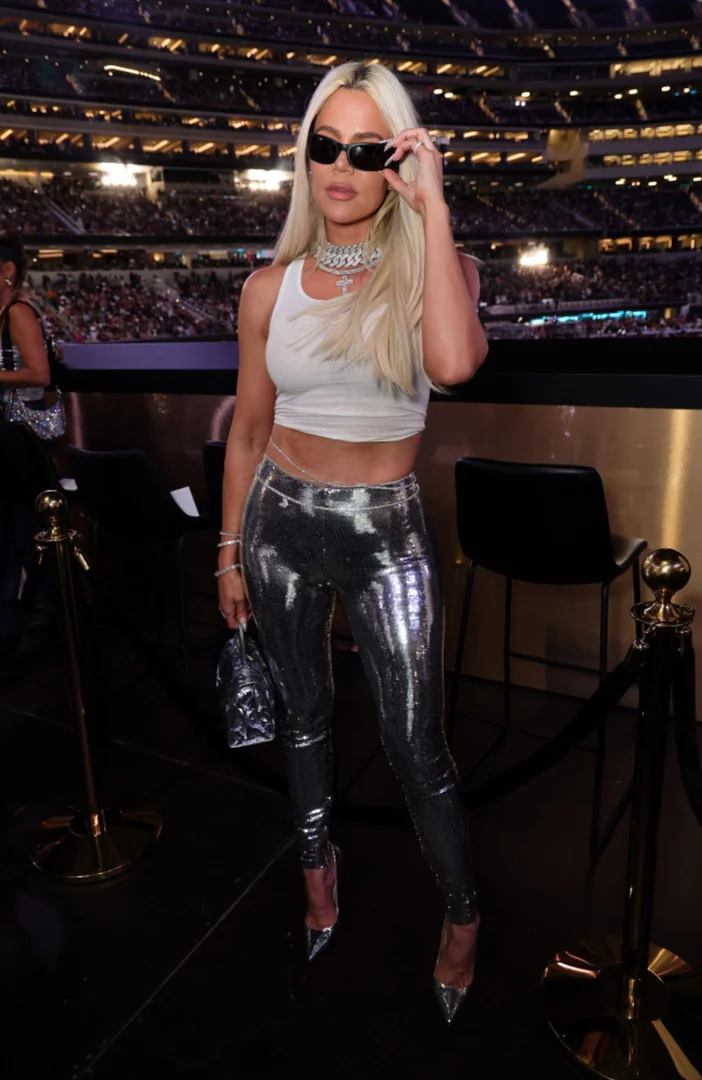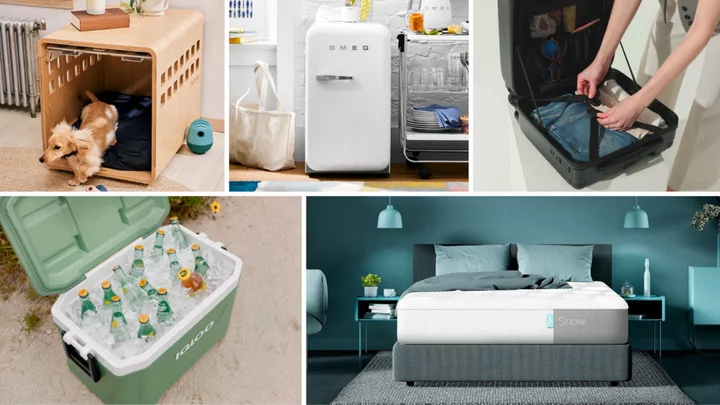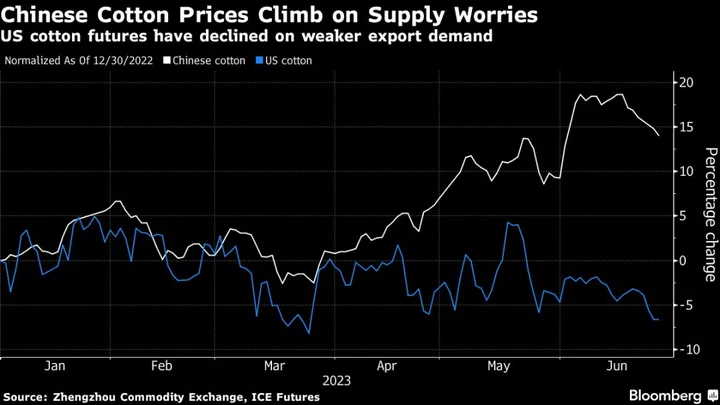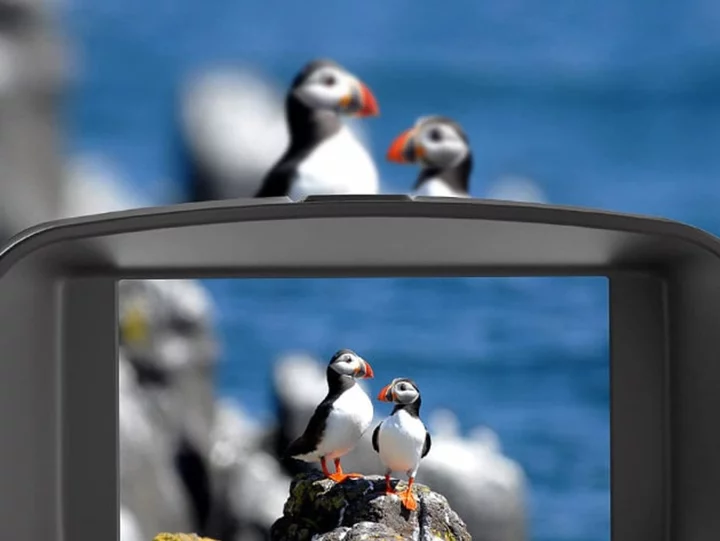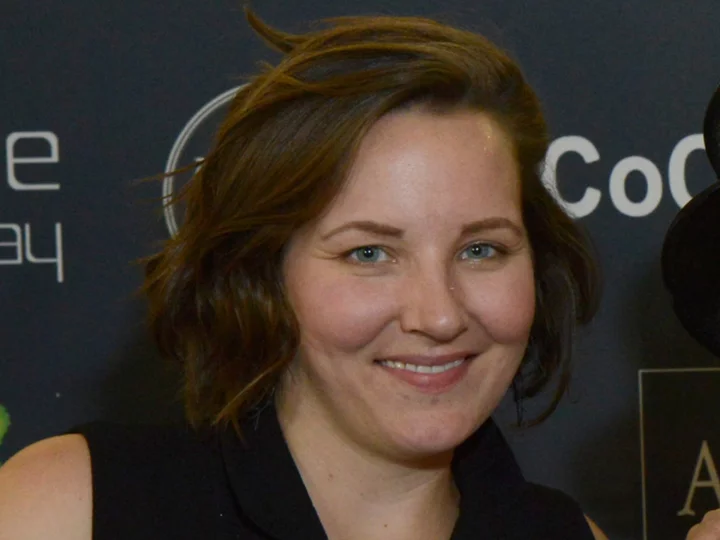A Chinese company seems to have quietly cracked the code on commercializing what it calls "semi-solid state" EV batteries, which increase the range on electric vehicles significantly.
Most EVs on the market today can travel anywhere from 200-350 miles on a single charge, but a new battery from Beijing WeLion New Energy Technology (WeLion) can go up to 621 miles, the company says. WeLion was founded in 2016 and is headquartered in Beijing. It holds a "series of core patents and technologies" and says it is the "only industrialization platform of solid-state battery technologies," according to its website.
While solid state batteries have long been dismissed as vaporware that's "always just around the corner," WeLion batteries are now available to consumers in a mass market EV: The Nio ES6.
Nio ES6 (Credit: Nio)The Nio ES6 debuted in May 2023 with a traditional lithium ion battery pack made by Contemporary Amperex Technology Co. Limited (CATL), the same Chinese company Ford is partnering with on its $3.5 billion battery plant in Michigan. As of July 2023, the ES6 is available with the upgraded WeLion "semi-solid state" battery, according to CnEVPost and as reflected by the Nio ES6 website.
With the WeLion battery, the Nio ES6 achieves a 578-mile range, according to the Chinese version of EPA range tests (the CLTC). That's slightly less than the 621-mile max WeLion says its battery can achieve, possibly because an SUV tends to be less aerodynamic than a sedan, but it's higher than any EV sold in the US today. The ES6 is also compatible with Nio's battery-swapping program.
Nio EVs are primarily sold in China, but drivers in other regions may eventually experience WeLion's technology in vehicles from other automakers. So far, it has garnered interest from Volkswagen, Ford, Mercedes-Benz, and Geely (Volvo), the South China Morning Post reports. None have announced any vehicles with the batteries, but WeLion said this week that it plans to IPO in 2025 and increase its battery pack sales twenty-fold, Bloomberg reports.
To meet its ambitious goals, the company is building four more battery plants in China, boosting its annual capacity from 6GWh to 30GWh by 2025. In addition to EVs, WeLion offers batteries for use in medical equipment, robots, drones, and other electronic devices.
Although most new technologies tend to be expensive to produce, a WeLion YouTube video says its products are "low cost" and require "zero increase in battery cost." The Nio ES6 debuted at a relatively low $52,000 starting price with the traditional lithium ion battery, breaking Nio sales record for a single model in a month, delivering 10,000 units in July. We were not able to locate the cost for the upgraded, semi-solid state battery version.
As impressive as WeLion's 621-mile battery is, it's 300 miles less than Toyota's 932-mile solid state battery. Honda also says it has developed a solid state battery with high range and low charging time. Both Honda and Toyota plan to mass produce their new battery technology by the end of the decade, though it's hard to verify their claims—especially since neither offer any particularly high-range EVs today. Moreover, neither Honda nor Toyota have named a specific model their batteries will be in, another reason the Nio ES6 with the WeLion battery stands out from the crowd.
30Ah solid state battery (Credit: Beijing WeLion New Energy Technology)No US automakers have touted any similar solid state battery breakthroughs. At this rate, it seems likely they will purchase high-range batteries from one of these overseas companies. Recognizing the US's dependency on China for EV batteries, the Biden administration allocated $2.8 billion for domestic battery production. That money has also gone to battery research, such as Washington state-based Group14, which makes silicon ion battery materials, another technology that promises to significantly increase range and reduce charging time.


